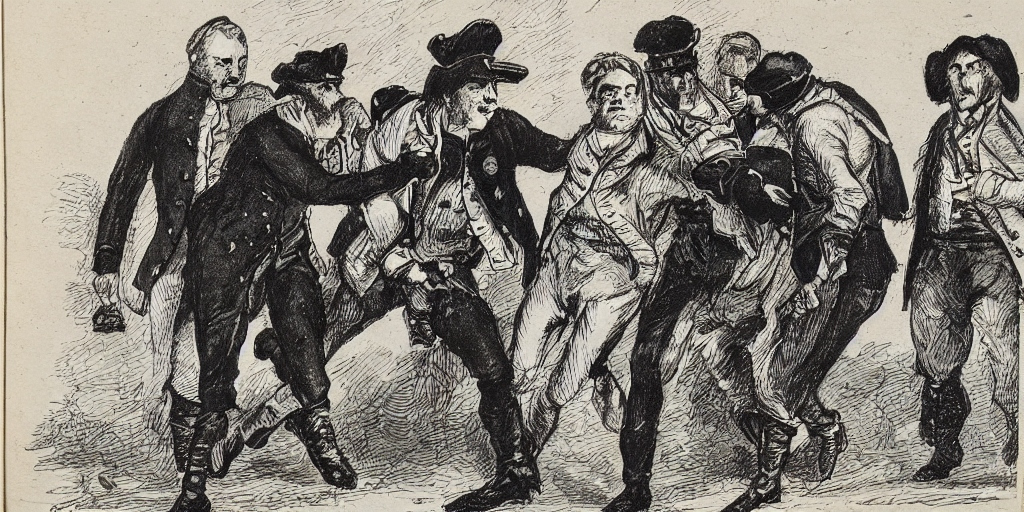Obstructing a Peace Officer Lawyer in Winnipeg

What is obstructing a peace officer?
Obstruction or resistance of a peace officer encompasses a wide range of behaviors that impede or hinder a peace officer from lawfully executing their duties. Peace officers include municipal police, the Royal Canadian Mounted Police (RCMP), sheriff officers, correctional officers, customs officers, and wildlife officers.
This charge most commonly arises when a police officer is attempting to arrest an individual. This can include pulling away or otherwise trying to prevent an officer from taking hold of you, resisting an officer’s attempt to place you in handcuffs, or resisting being placed in a police cruiser. Another common scenario is when a driver gives a police officer a false name and birthdate during a traffic stop. In these instances, the police may lay accompanying charges such as assault peace officer, personation, or public mischief.
Obstruction charges may also be laid in other situations, such as when an accused interferes with the investigation of a criminal offense or destroys or hides evidence.
To secure a conviction for obstructing a peace officer, the Crown must prove the following elements of the offense beyond a reasonable doubt:
- That the complainant was a peace officer as defined under the criminal code;
- That the peace officer was acting in the lawful execution of their duty;
- That the accused resisted or obstructed the peace officer in the execution of their duty; and,
- That the obstruction was willful or caused by the recklessness of the accused.
Sentencing for Obstructing a Peace Officer
Resisting or obstructing a peace officer is a serious criminal offense. The maximum length of jail time varies between six months if the Crown prosecutes summarily and up to two years if the Crown proceeds by indictment. The courts take these offenses seriously as they affect the ability of the police to enforce the law and protect the public.
Defending Obstructing a Peace Officer Charge
As discussed, there are several elements that the Crown needs to prove beyond a reasonable doubt for the accused to be found guilty of the offense. When reviewing your case, our focus will be on your interactions with the police. Depending on your specific circumstances, there may be several defenses available.
For instance, an officer can only be impeded in the execution of their duty if they are acting lawfully. If an accused is being arrested when the officer lacks reasonable grounds to do so, the officer is not acting in the lawful execution of their duty. The action must also be of such a nature that it obstructs the officer. Merely being uncooperative during an arrest by passively resisting the officer is not enough to constitute obstruction.
While not exhaustive, during our review of your case, we will explore:
- Whether the officer was acting lawfully in the execution of their duty;
- If your actions obstructed the officer’s duty;
- Whether you were aware that the complainant was a peace officer; and,
- Possible explanations for your behavior that may establish it as not being criminal.
Get a free consultation
Send Josh your case and your contact information to get a Free Initial consultation on how to proceed.
